Over centuries, our cultural landscape has developed into an infinitely diverse habitat through responsible, farming management. In times of agricultural intensification and the pursuit of steady profit maximization, this diversity is unfortunately lost in many places due to the destruction of important landscape elements (such as hedges, trees, single trees, etc.). Here, especially in organic farming, the idea of biology should not stop at the vineyard borders. Together with the winery Geyerhof- Oberfucha we want to raise awareness in the context of the project wildwux. Biodiversity or biodiversity describes the diversity of life on Earth and its interrelations across its entire spectrum.
Wildwux A name that makes one or the other think of a wild vineyard. In fact, neither Minimalschnitt nor a wild grown vineyard is behind it. Rather, it is a reflective look at the definition of your own biological management. We want to show that BIO can be much more than the mere omission of chemistry.
In addition to organic farming, since 2012 we have also been contributing to the preservation and restoration of valuable habitats of endangered plant and animal species through targeted nature conservation measures outside of our vineyards. Whether hoopoe, praying mantis, tree frog or ground squirrel. They all should find a place on our surfaces. We as managers have a special responsibility for our landscape. As an ambassador, the red Cuvee wildwux contributes to sensitizing for the protection of nature in agriculture.
The first years wildwux have passed and an idea has grown up. With her our awareness, for the right way of sustainable land management. A path that nature shows us.
The WINE as IDEAL CARRIER
Wildwux embodies: a refreshingly fruity and classic Grüner Veltliner from Weingut Geyerhof and an elegant, juicy red wine cuvée made from local varieties by Birgit Braunstein.
More about our Wildwux; www.weingut-braunstein.at

We were able to realize 2 heart projects within the scope of Wildwux this year
The place where wine and honey flow. Since 2018, 10 bee colonies of biodynamic beekeeper H. Halbritter have found their home on our Wildwux Wiese am Rosenberg, Heinz catches the swarms in the vicinity, feeds exclusively honey, speaks to every bee and fills the glasses with his blossom honey.
More information, order at: office@weingut-braunstein.at

Why are bees so important?
“Once the bee disappears from the earth, man has only four years left to live. No more bees, no more pollination, no more plants, no more animals, no more humans. “(Quote Albert Einstein, 1949).
Today, the honeybee is the third most important livestock among us after cattle and pigs. Their pollination performance ensures the variety of food we know and enjoy. The honey bee is therefore mainly responsible for good harvests and ecological biodiversity.
And yes, well in advance of the entry of the storks, we were able to set up the first stork’s nest on our farm with the help of the Storchenverein and the Purbach forging master Albert Raditsch. Storks have not yet settled, but some young couples already visited the new dwelling place. We therefore hope for permanent residents from the year 2019. Applications please: office@weingut-braunstein.at and
More information at http://www.storchenverein.at/
